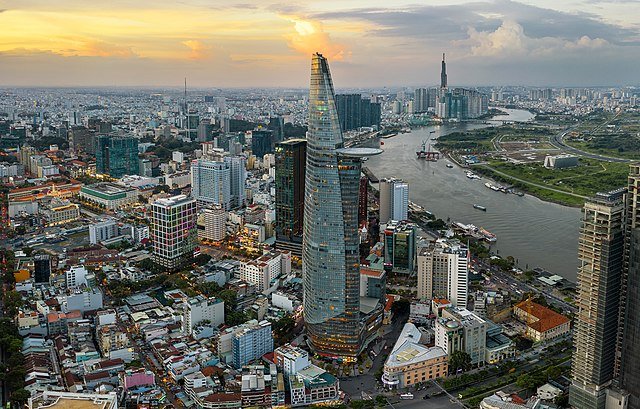Organizer: The LSE Saw Swee Hock Southeast Asia Center
Type/Location: Online
Description:
Planners often characterize the land regime in the city of Saigon as a form of “backward planning,” a transgressive form of planning that involves a seemingly irregular orientation to time and the planning archive. It occurs in its most brazen form when municipalities change or erase parts of the land archive or alter ratified planning documents from the past. These practices can rearrange property relations, possession and ownership in the present and future. Saigon’s municipal authorities specifically have disappeared key planning maps and manipulated property archives in order to change the landscape of de facto ownership and contractual obligations across time both backward and forward in order to solve problems related to growth and development as well as satisfy the shifting needs of transnational capital. These acts of state exception are as much temporal interventions as they are spatial ones, insofar as they refute collective memory and common notions of land possession on the one hand, and (legally) erase itineraries of rights and entitlements to property on the other. These novel configurations of state power invite interrogation into the time orientation of dominant theories of space in the geographic/urban studies tradition, particularly geography’s focus on space-time (and not necessarily property) as the primary mechanism through which the spatialization of capital occurs.
Click here to register.

